Forwarded from Русский Орден Ориентализма
26 ноября в Николаевском кафедральном соборе в Бангкоке состоялась торжественная литургия, посвящённая 25-летию Русской Православной Церкви в Таиланде. Довольно крупное событие, собравшее большое количество иерархов (кажется, я столько никогда в одном месте не видел) и простых прихожан, среди них был и я. После литургии как это обычно бывает трапезничали. Большой праздничный стол был заставлен деликатесами русской кухни, по которой за время своих странствий я успел соскучиться.
Большая часть фотографий отсюда.
Большая часть фотографий отсюда.
group-telegram.com/prwslwn/4977
Create:
Last Update:
Last Update:
26 ноября в Николаевском кафедральном соборе в Бангкоке состоялась торжественная литургия, посвящённая 25-летию Русской Православной Церкви в Таиланде. Довольно крупное событие, собравшее большое количество иерархов (кажется, я столько никогда в одном месте не видел) и простых прихожан, среди них был и я. После литургии как это обычно бывает трапезничали. Большой праздничный стол был заставлен деликатесами русской кухни, по которой за время своих странствий я успел соскучиться.
Большая часть фотографий отсюда.
Большая часть фотографий отсюда.
BY ПРАВОСЛАВНЫЙ ДВИЖ
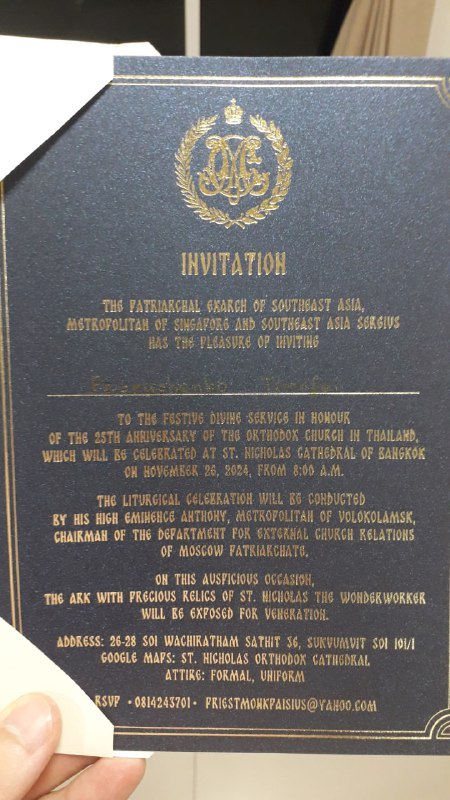

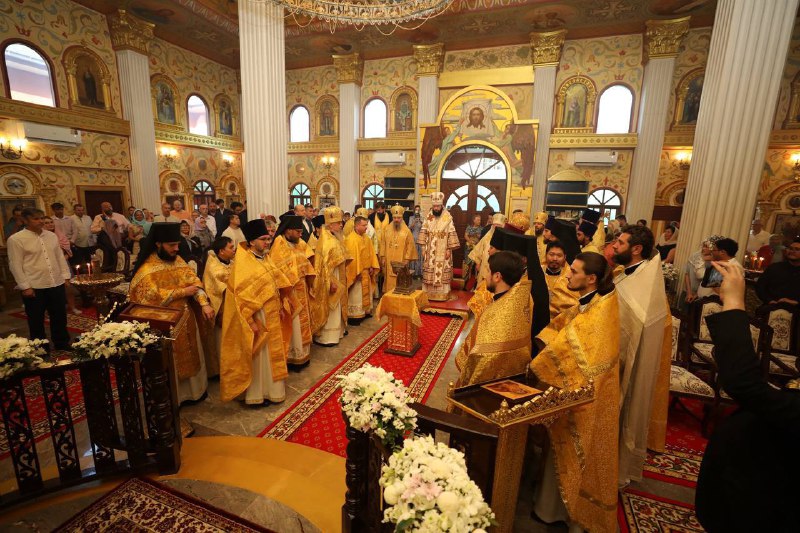
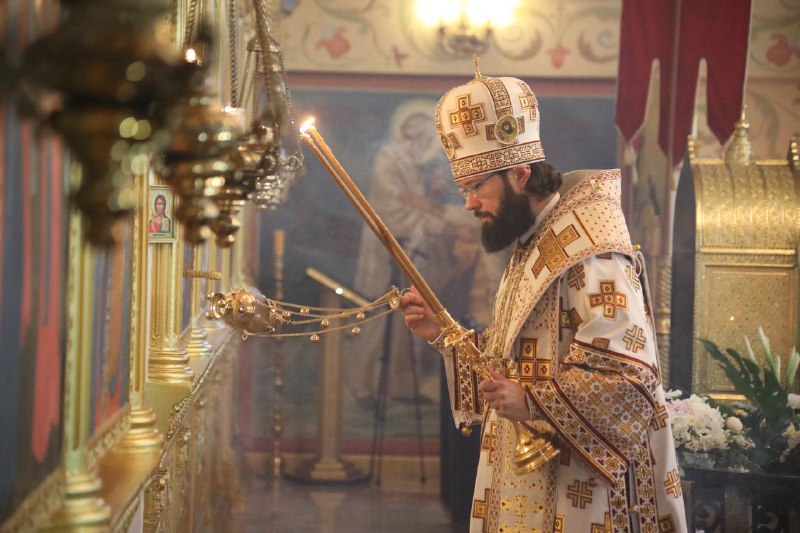
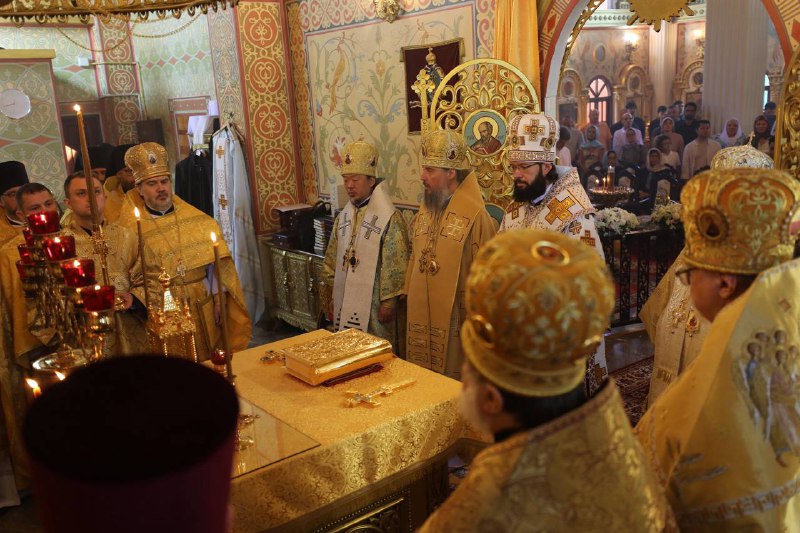
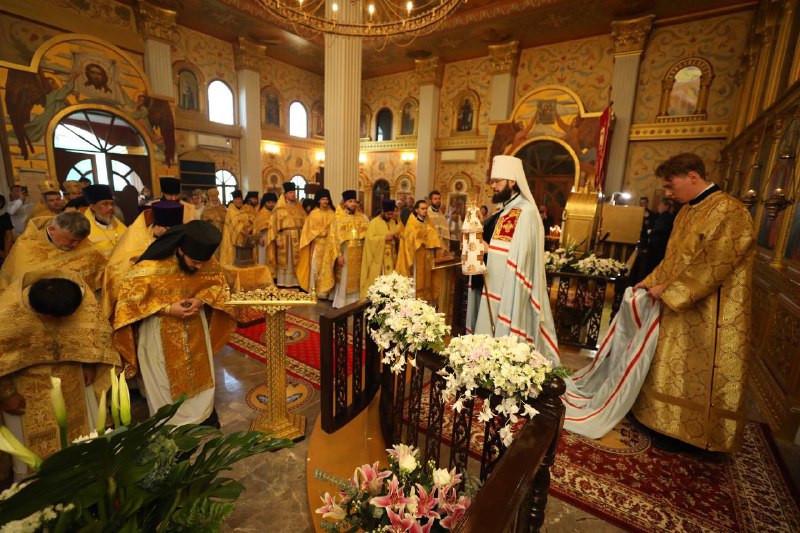
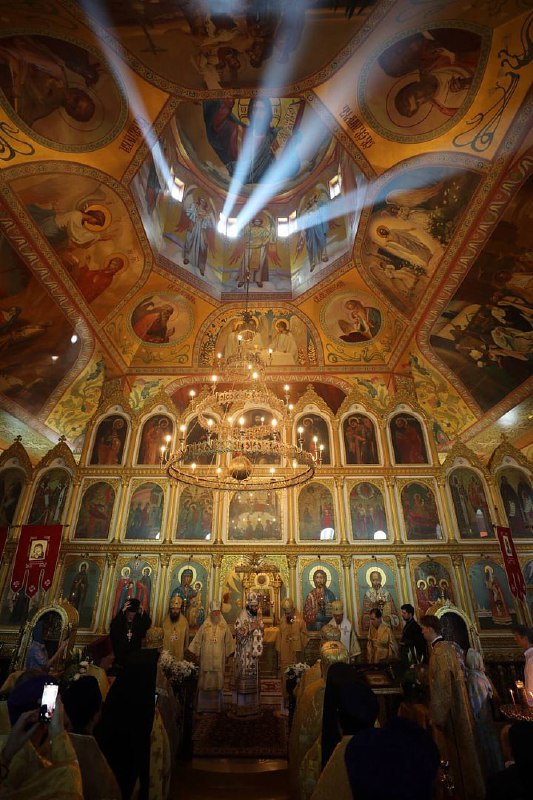
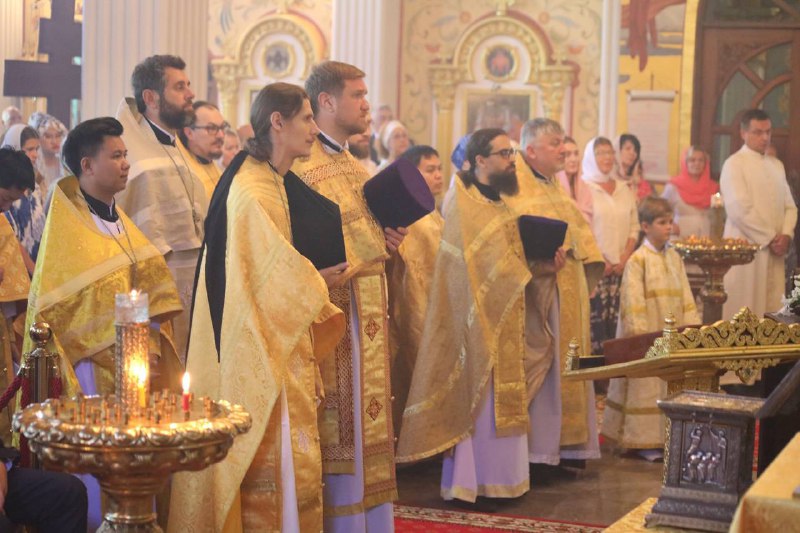
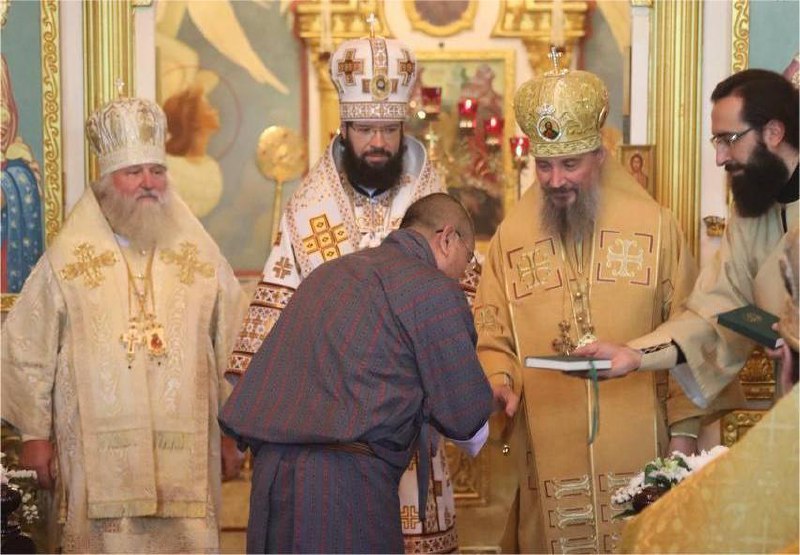

Share with your friend now:
group-telegram.com/prwslwn/4977
